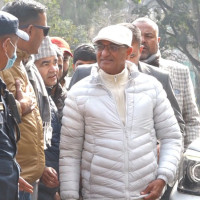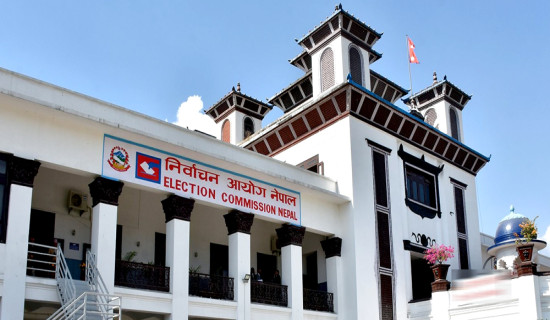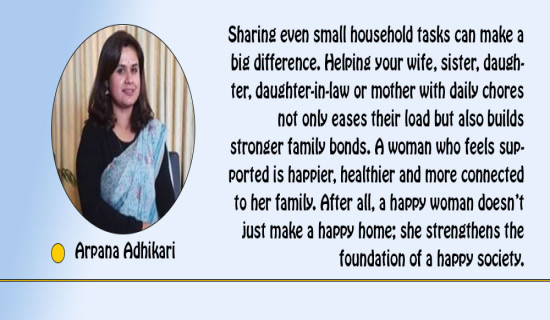- Tuesday, 30 December 2025
Voting for parliamentary polls today
Kathmandu, Nov. 20: Eligible voters from all over the country are exercising their franchise to elect members of House of Representatives and Provincial Assemblies on Sunday. And the Election Commission (EC) has announced a raft of measures to ensure the elections are held in a free, fair, fearless and credible manner.
A total of 17,988,570 people – 9,140,806 males and 8,847,579 females – are participating in this exercise considered by many across the world as the essence of democracy.
Of the total 275 members of House of Representatives (HoR), 165 will be elected through direct voting while the remaining 110 will be elected through the proportional representation (PR).
Similarly, of the 550 members of seven provincial assemblies of the nation, 330 will be elected directly and 220 through PR system.
According to the Commission, 4,611 people are seeking a seat in the HoR. Of them, 2,412 are in the fray in the First-Past-The-Post (FPTP) contest while 2,199 are in the PR lot.
At the provincial level, 6,932 are standing to be elected to the provincial legislatures. Of them, 3,224 are hoping to be elected through the FPTP system while 3,708 are hoping for PR seats.
At the federal level, 867 are standing as independent candidates. That number is 1,094 for the provinces.
EC informed that of the total FPTP candidates for the HoR, 42.16 per cent come from the Khas Arya community, 20.98 per cent Madhesis, 26.58 per cent belong to indigenous nationalities, 4.02 per cent Dalits, 3.40 per cent Muslims and 2.8 per cent Tharus.
Altogether, 87 political parties are registered with the EC and are eligible to participate in the FPTP vote. However, the number of parties actually participating in the process is 61. According to the data provided by the EC, 47 parties have submitted closed lists of candidates for the PR system.
Among the parties, the main opposition CPN-UML has forged an alliance with Upendra Yadav’s Janata Samajwadi Party and Kamal Thapa's Rastriya Prajatantra Party-Nepal. The ruling coalition comprising Nepali Congress, CPN (Maoist Centre), CPN (Unified Socialist), Loktantrik Samajwadi Party and Rastriya Janamorcha, are also going into the election together.
To enable people to vote, the EC has fixed 10,892 polling stations and 22,227 polling centres across the country.
Additionally, it has also fixed 141 temporary polling stations from where around 450,000 voters will cast their ballots for the PR seats.
This is the second election for the HoR and provincial assemblies to take place under the Constitution of Nepal 2015. The first one was held in two phases in 2017.
The government has also set up a three-tier security arrangement, with the police, Armed Police Force (APF) and the army forming concentric security circles around polling centres to ensure peace and safety at the booths. A total of 115,000 temporary police, 74,849 soldiers, 71,693 police personnel, 35,116 APF personnel and 1,821 officers of the National Intelligence Bureau have been deployed for security. What’s more, the country’s open border with India has also been sealed.
The government has also deployed bomb disposal teams at 903 places. Furthermore, reserve forces of security officials have also been managed in such a way that they will be able to reach any polling station in the country within 30 minutes, if required.
Likewise, EC has mobilised 246,960 employees and around 300,000 security personnel for the election.
Meanwhile, election commissioners from India, Bhutan, Bangladesh and Maldives along with 44 national and two international organisations will be observing the polls. Total 18 diplomatic missions based in Kathmandu will also observe the elections.


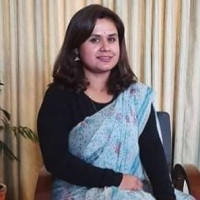
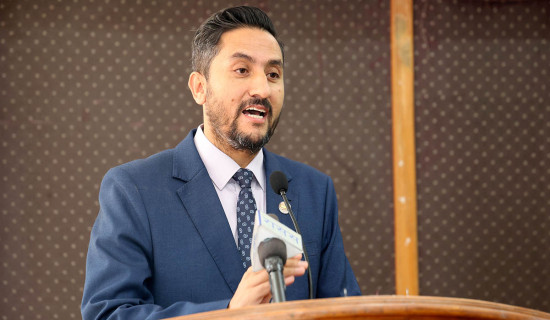
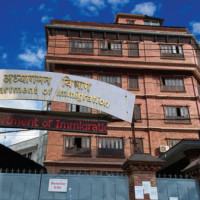
-square-thumb.jpg)


